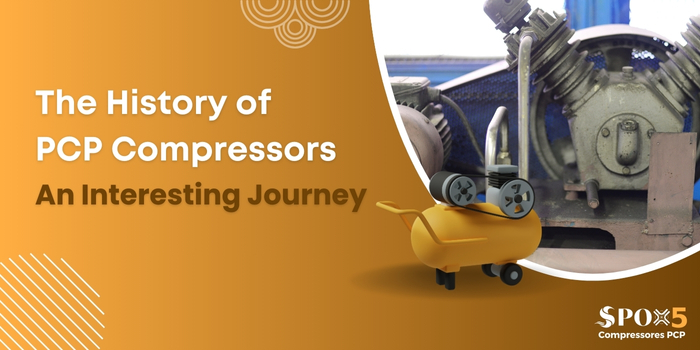PCP (Progressing Cavity Pump) compressors have become indispensable in various industries, but their journey from inception to widespread use is a fascinating one. Let’s delve into the history of these remarkable machines.
Early Beginnings: The Roots of PCP Technology
The concept of a progressing cavity pump can be traced back to the early 1900s. However, it wasn’t until the mid-20th century that PCP technology started gaining traction. The development of synthetic elastomers, which are essential for the stator component of PCP compressors, played a significant role in their advancement.
The Rise of PCP Compressors
In the 1960s and 1970s, PCP compressors began to be used more widely in various industries. Their ability to handle viscous fluids, slurries, and even solids made them attractive for applications in oil and gas, chemicals, food processing, and waste management.
Key Developments and Innovations
Over the years, PCP compressor technology has evolved significantly. Some key developments include:
-
- Improved Stator Materials: The development of more durable and heat-resistant stator materials has enhanced the performance and lifespan of PCP compressors.
- Enhanced Sealing Technology: Advances in sealing technology have reduced leakage and improved efficiency.
- Variable Speed Drives: The integration of variable speed drives has allowed for better control and energy efficiency.
- Noise Reduction: Innovative designs and materials have contributed to quieter operation.
PCP Compressors Today: A Versatile Tool
Today, PCP compressors are used in a wide range of applications, including:
- Oil and Gas: Pumping crude oil, drilling fluids, and fracking fluids.
- Chemicals: Transferring viscous chemicals and slurries.
- Food Processing: Pumping food products like sauces, jams, and purees.
- Waste Management: Handling sewage sludge and other waste materials.
- Pharmaceuticals: Processing pharmaceutical products.
- Industrial Manufacturing: Pumping various fluids used in manufacturing processes.
The Future of PCP Compressors
As technology continues to advance, we can expect further innovations in PCP compressor design and operation. Areas of potential development include:
- Increased Efficiency: Further improvements in energy efficiency and reduced environmental impact.
- Smarter Controls: Integration of advanced control systems for more precise operation and monitoring.
- New Applications: Exploration of new and emerging applications for PCP compressors.
The history of PCP compressors is a testament to the ingenuity and innovation of engineers. From their early beginnings to their widespread use today, these machines have played a vital role in various industries. As technology continues to evolve, we can expect PCP compressors to remain at the forefront of fluid handling solutions.

